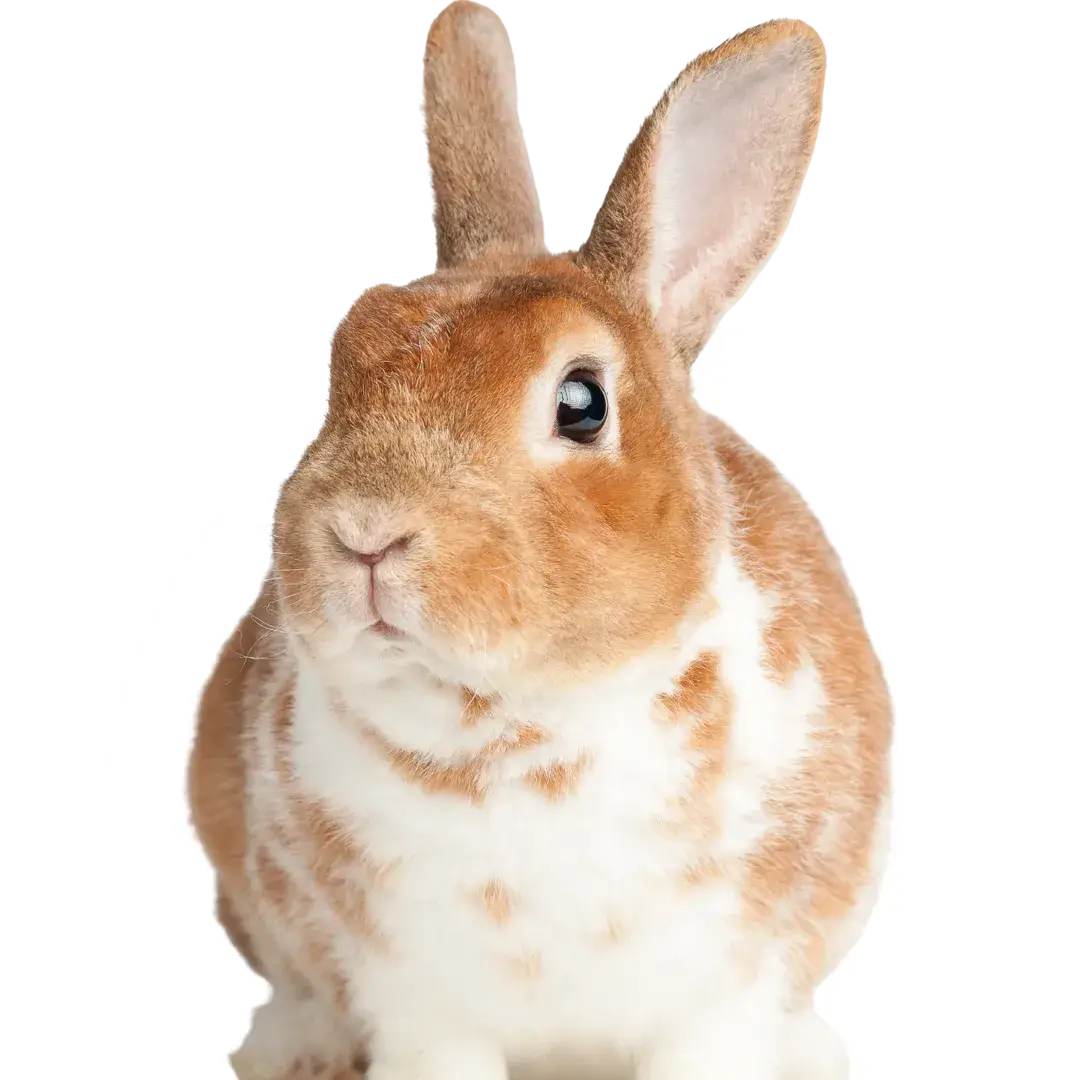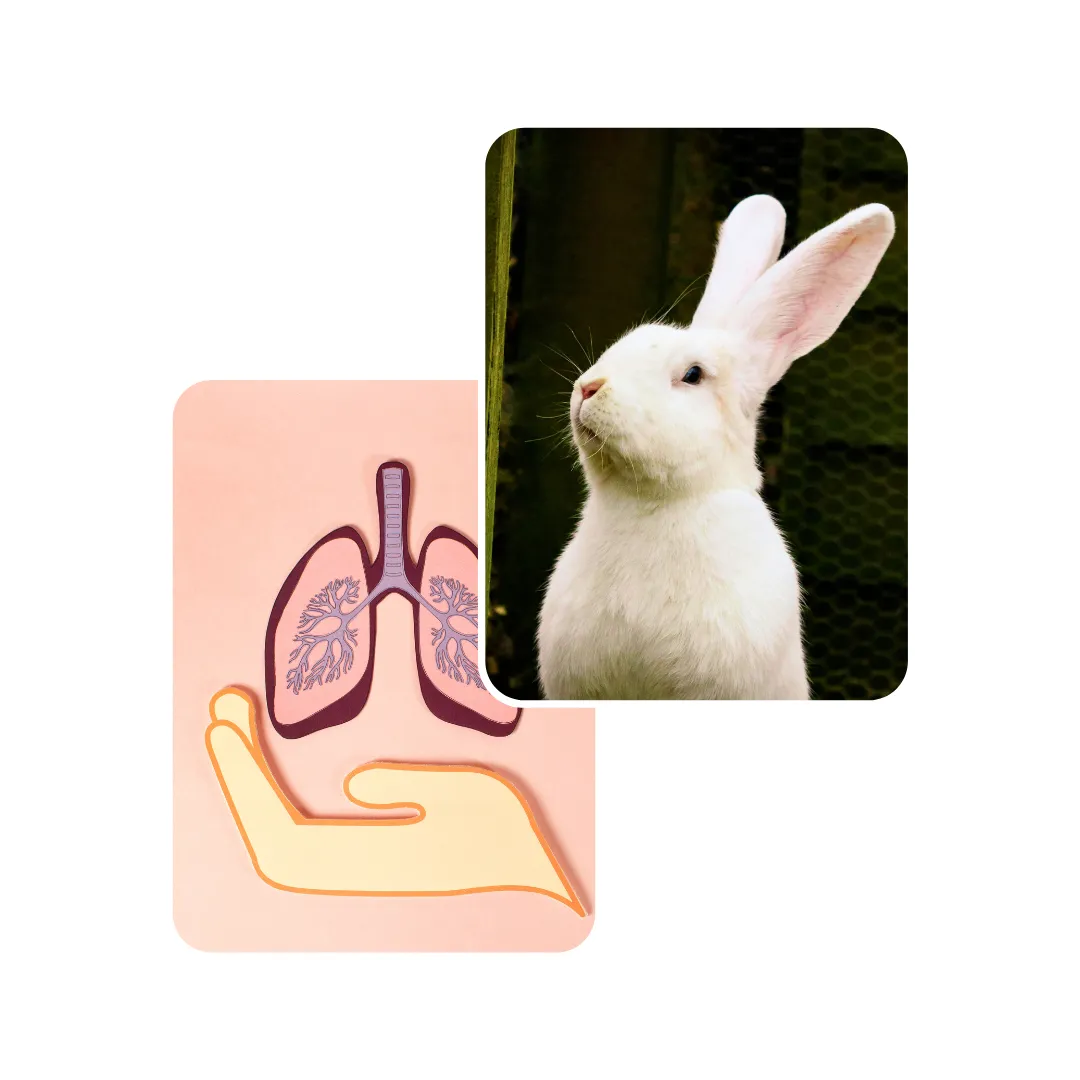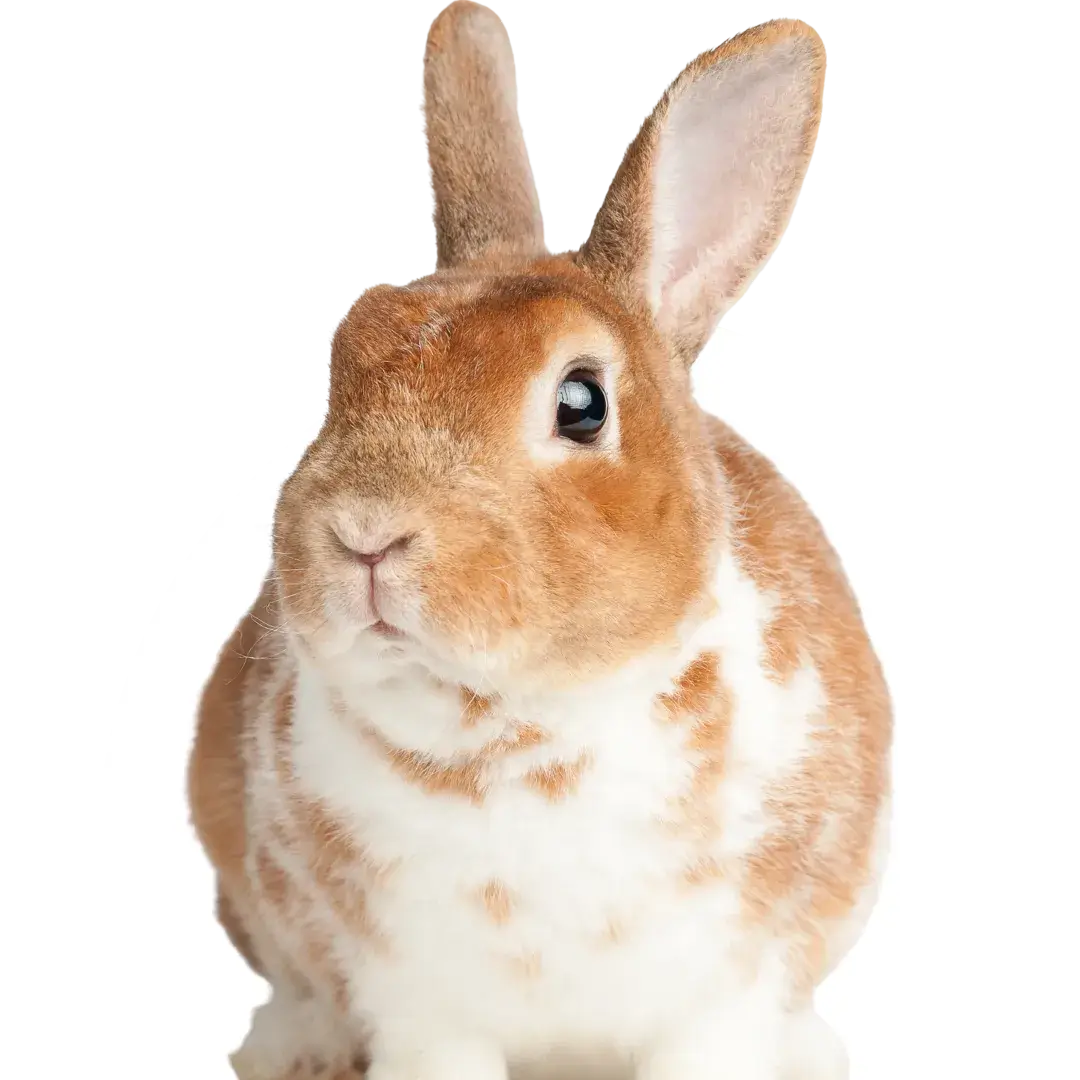

Most cases are caused by bacteria like Pasteurella or Bordetella. Poor hygiene, dusty bedding, and stress increase the risk.
Sneezing, nasal discharge, and watery eyes are common early signs. Noisy or open-mouth breathing is an emergency.
Yes. Respiratory infections are highly contagious. If one rabbit is sick, separate it immediately and disinfect the cage.
Very quickly. What looks like a small cold can turn into pneumonia in days. That’s why rabbits need prompt treatment.
Yes, if treated early. Chronic or repeated infections, however, may cause lasting lung damage.
Your pet deserves expert care – Subscribe now for trusted tips and updates from our pet experts.
